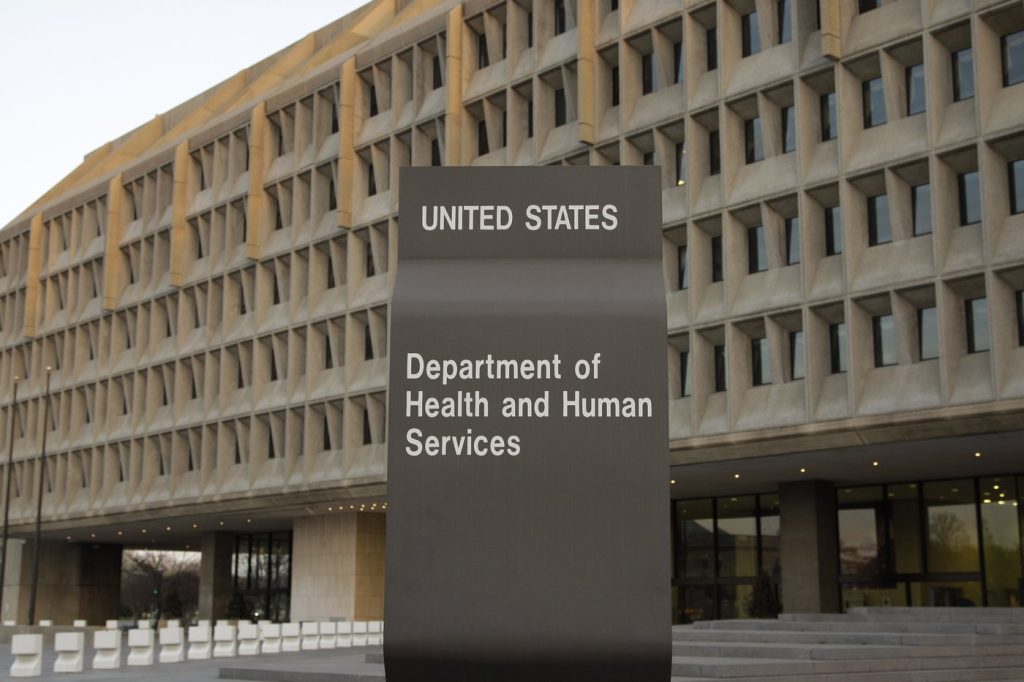A coalition of state attorneys general has filed a lawsuit against the Trump administration regarding its decision to cut $11 billion in federal funding allocated for COVID-19 initiatives and various public health projects across the United States. The lawsuit, lodged in federal court in Rhode Island, includes attorneys general from 23 states, among them New York, Kentucky, Pennsylvania, California, Minnesota, North Carolina, Wisconsin, and the District of Columbia. The complaints are centered around the assertion that these sudden cuts violate federal law, pose significant risks to public health, and could have devastating effects on communities nationwide. The funds in question had been allocated by Congress during the pandemic and were vital for efforts related to testing, vaccination, and addiction and mental health programs.
In national news, President Donald Trump is set to undertake his first foreign trip since resuming office, visiting Saudi Arabia next month, although no further details have been disclosed by the White House. Meanwhile, as discussions around a potential TikTok ban intensify, Trump has expressed confidence that his administration can secure a deal with ByteDance, TikTok's parent company, ahead of the April 5 deadline which mandates the company to divest its U.S. operations or face a ban. Speaking to reporters, Trump mentioned the strong interest in maintaining the app in the U.S. and hinted at potential buyers for its operations.
In a separate issue, the White House has responded to the controversial deportation of a Maryland resident who mistakenly ended up in El Salvador. The administration asserts that Kilmar Armando Abrego Garcia, who had protected legal status, was a member of the MS-13 gang and allegedly involved in human trafficking—a claim supported by what White House press secretary Karoline Leavitt described as credible intelligence. This situation unfolds against a backdrop of Republican attempts to solidify their positions on immigration and law enforcement issues.
Senate Democrats are challenging the Trump administration's tariffs on Canadian imports as the deadline for their implementation nears. A vote initiated by Senator Tim Kaine aims to nullify the emergency declaration associated with these tariffs. This political maneuver illustrates the tension between Trump's trade strategies and the traditional Republican support for free trade. With the stock market underperforming due to these threats, party leaders are striving to keep senators unified by emphasizing issues such as the flow of fentanyl across the northern border.
Furthermore, retired Lt. Gen. Dan Caine, Trump's nominee for the Joint Chiefs of Staff, faced questioning in Congress where he downplayed concerns regarding military involvement in domestic law enforcement. Caine assured senators of the robust legal frameworks that prevent misuse of military force in civilian matters, responding to fears voiced by some, including Senator Tammy Duckworth, about potential misuse of military power under Trump's administration.
Among broader staffing developments, the National Institute for Occupational Safety and Health (NIOSH) is reportedly set to lose more than 1,000 employees amid sweeping layoffs that could affect up to 10,000 positions within the Department of Health and Human Services (HHS). The agency, which plays a crucial role in workforce safety research, has faced significant challenges with the impending cuts aimed at reducing HHS's workforce by nearly 25%. Employees have voiced their concerns, with reports indicating lengthy lines as workers await news of their employment status.
In addition, Trump's tariff policies have attracted international attention, with European officials warning of potential retaliatory measures in response to the new levies described by Trump as "Liberation Day." This strategy aims to match tariffs imposed by other countries on U.S. goods, and European Commission President Ursula von der Leyen noted that the EU is prepared to respond if necessary. The interconnected nature of trade relations between the U.S., Canada, and Mexico has been highlighted, particularly concerning sectors of the economy that rely heavily on cross-border supply chains.
As political tensions continue to rise with significant upcoming elections, the landscape is becoming increasingly contentious. The Wisconsin Supreme Court race has garnered immense financial backing from both Trump supporters and Democratic-leaning groups, signifying the heightened stakes involved as this election cycle unfolds.











